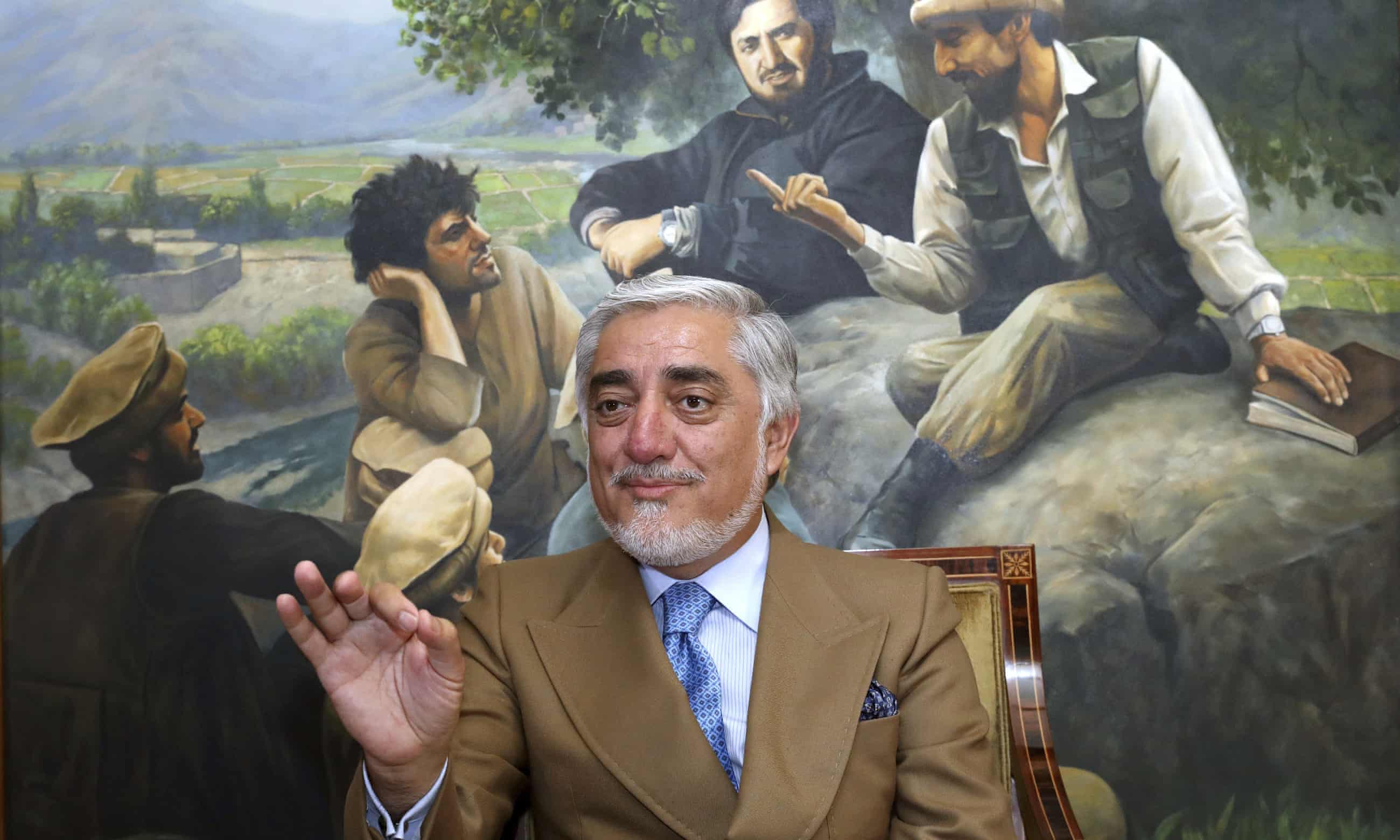Bumps on the road to Afghan peace
https://arab.news/b7h5c

The news coming out of Afghanistan is often bleak, but the recent announcement of the start of peace talks next month offers a glimmer of hope.
Abdullah Abdullah, chairman of the High Council for National Reconciliation and Kabul’s leading peace negotiator, said that discussions with the Taliban will begin sometime in September. At the same time, Pakistani Prime Minister Imran Khan invited Abdullah to Islamabad to discuss cooperation between the two countries to help bring an end to hostilities.
While Pakistan’s overtures when it comes to the Taliban will always be viewed with skepticism, the fact that this invitation was extended to Kabul at all is encouraging.
A considerable amount of time and a lot of patience have been needed to get to this point — and it could be that the talks are delayed again. The past year has been a rollercoaster ride for negotiations, with optimism and pessimism, progress and setbacks.
It has been almost a year since US President Donald Trump abandoned his planned gathering at Camp David with representatives of the Taliban to hammer out the final details of a cease-fire agreement. After this meeting was abruptly canceled due to continued militant attacks, it took many months more for the US and the Taliban to sign an agreement in Doha in February.
Also, complicating matters was the presidential election in Afghanistan last September. The results of the poll were not finalized until last February, with President Ashraf Ghani declared the winner. Then it took several weeks more for President Ghani and his main political rival, Abdullah, to come to a power-sharing agreement.
After the US-Taliban deal in February it was hoped that intra-Afghan talks would begin in Oslo the following month. But this has been delayed for two reasons. First was the continued Taliban attacks against Afghan forces that breached the spirit of the peace process itself.
Second, there was a disagreement between the Afghan government and the militants on the issue of prisoner swaps. This resulted from the ambiguous wording in the agreements the US made with the Taliban and Afghan government in February.
In recent months, the issue has slowly been resolved. Over the summer about 400 Taliban prisoners remained in Afghan government custody. In early August, a Loya Jirga, or tribal council, was convened to settle the matter. In the end the Loya Jirga agreed that it was in the interest of peace to release the remaining captives.
The impact of the coronavirus pandemic is further complicating the peace process as Afghanistan struggles to cope with the overwhelming demand on what is already a fragile health system.
Added to the health pressures is the severe flooding this week in more than eight provinces in the country’s north. Floods in Parwan province, just north of Kabul, have killed more than 150 people with hundreds more injured. More than 2,000 homes have been destroyed and at least 1,000 people displaced. Hundreds of hectares of agricultural land have been destroyed and major roads washed away, complicating relief efforts.
Political turmoil, continued Taliban attacks, a global pandemic and severe flooding — will Afghanistan ever get a break?
However, even amid these challenges, Afghans — including the government, civil society and the Taliban — must find a way to sit around a table for peace. Only a genuine and enduring agreement between all Afghans can bring stability to the country after 40 years of war.
Of course, there are many potential spoilers. Perhaps the Taliban as a movement is too decentralized to speak with one authoritative voice. Even if there is some sort of pact with the Afghan government, there could still be a continuing insurgency in areas of the country.
There is also the threat of the so-called Islamic State Khorasan (IS-K). The extremist group has been responsible for some of the most atrocious attacks in recent months in Afghanistan. Many disgruntled Taliban fighters who do not want peace are joining the IS-K ranks. The terror group thrives in chaos and it is in its interests to see peace talks fail.
There will be ups and downs, cease-fires and attacks, optimism and frustration. But the Afghans will eventually figure it out. The rest of the world must be patient and supportive along the way.
Luke Coffey
Finally, one of the biggest threats to the process is the US and the international community losing interest in Afghanistan altogether.
Regardless of any settlement that might or might not happen between the Afghan government and the Taliban, the global community must remain fully engaged with the country. In the 1990s, we saw what happened when the world ignored Afghanistan after the Soviets left. This created the conditions that led to the rise of the Taliban and to the 9/11 attacks. Nobody, least of all the Afghan people, will benefit from a repeat of this.
If recent history is any guide, the international community should lower its expectations for the talks next month. The discussions might not even happen. The journey to this point has been a long one, so it must be assumed the peace process itself will also be lengthy.
There will be ups and downs, cease-fires and attacks, optimism and frustration. But the Afghans will eventually figure it out. The rest of the world must be patient and supportive along the way.
- Luke Coffey is director of the Douglas and Sarah Allison Center for Foreign Policy at the Heritage Foundation. Twitter: @LukeDCoffey









































